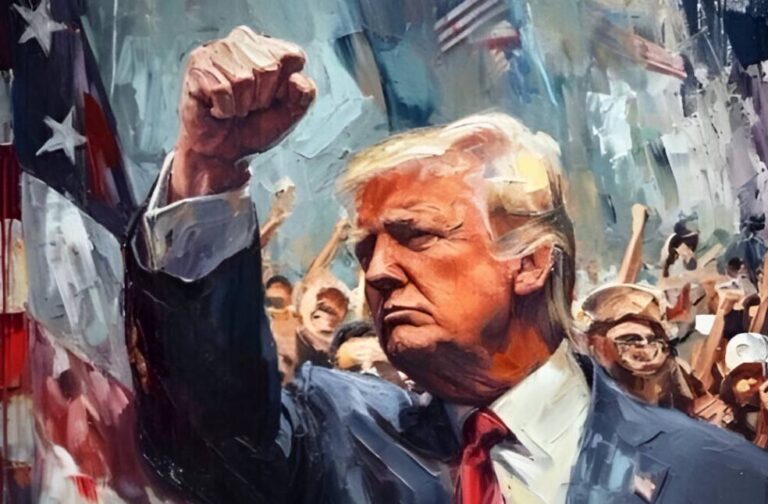United States: Former President Donald Trump has declared that he will not expect to run in the 2028 election again if he marks the failure.
Trump responded to the media question whether he could foresee another presidential attempt should he lose to Democratic Vice-President Kamala Harris in November. Trump responded that, “No, I don’t. I think… that will be it.” However, he added optimistically, “Hopefully, we’re going to be very successful.”
Trump’s remarks mark a rare acceptance of the possibility of losing, as he has previously focused on inspiring his supporters with pledges of victory. This is the second time in a matter of days that Trump has referenced a potential defeat.
During an event hosted by the Israeli-American Council, he suggested that a loss could partly be attributed to Jewish voters, a comment that sparked criticism. “Do they know what the hell is happening if I don’t win this election?” Trump said, suggesting that Jewish voters would bear responsibility if he failed to win, based on his claim that only 40% of Jewish voters support him. His comments were condemned by the Harris campaign and organisations like the Anti-Defamation League and the American Jewish Committee.
THANK YOU, NORTH CAROLINA! #MAGA2024 pic.twitter.com/67n2sbAY5g
— Donald J. Trump (@realDonaldTrump) September 22, 2024
This shift in tone may showcase the changed political landscape since Harris was confirmed as the Democratic nominee following President Joe Biden’s withdrawal from the race. Harris’ campaign fundraising efforts have surged, bringing in more than $190 million in August compared to Trump’s $130 million. National polling averages tracked by the BBC show Harris leading Trump 52% to 48%. In key battleground states, Harris holds a narrower lead of 51% to 49%.
Additionally, an poll released over the weekend found Harris with a five-point advantage over Trump nationwide. The same poll revealed that 48% of registered voters now view her positively, a significant rise since July. Despite these figures, Trump continues to hold an edge on issues like the economy, immigration, and the cost of living topics that may prove decisive in the election.
As the November election approaches, both campaigns are ramping up efforts in what is moulding to be a closely challenged race.



